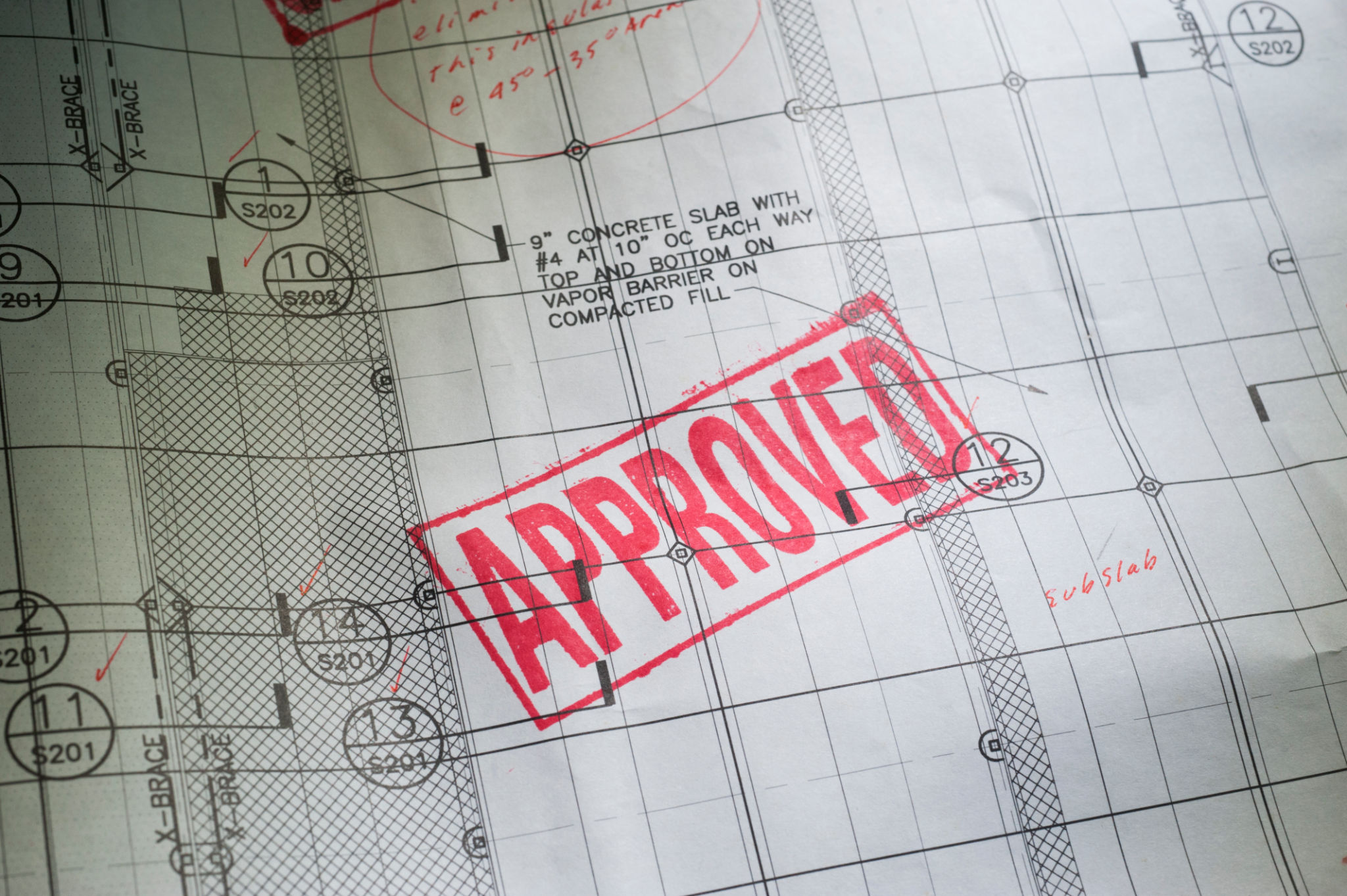Understanding Local Construction Regulations: What Homeowners Need to Know
Understanding Zoning Laws
When embarking on a home construction or renovation project, it's essential to understand local zoning laws. Zoning regulations dictate how land in specific geographic zones can be used. These laws can affect where you build on your property, the size of the structure, and what kind of structures are permissible. Therefore, a comprehensive understanding of zoning laws is crucial before you start your project.

It's advisable to consult with your local planning department or a qualified professional to get a clear picture of what the zoning laws entail for your specific location. Failing to comply with these regulations can result in fines or mandated adjustments to your construction plans, which can be costly and time-consuming.
Building Permits and Their Importance
Obtaining the necessary building permits is a critical step in the construction process. A building permit is an official approval issued by the local government agency that allows you to proceed with construction or remodeling. This process ensures that your project complies with local building codes, which are in place to guarantee safety and quality standards.
To apply for a building permit, you'll need to submit detailed plans of your project, including blueprints and specifications. It's important to factor in the time it takes to obtain these permits into your project timeline, as delays in approval can impact your overall schedule.

Environmental Considerations
Environmental impact is another crucial aspect of construction regulations that homeowners must consider. Many local governments have regulations in place to protect natural resources and minimize environmental disruption. This might include restrictions on tree removal, guidelines for managing stormwater runoff, and rules about preserving wildlife habitats.
Engaging with an environmental consultant can be beneficial in understanding these regulations and ensuring that your project complies. Adhering to environmental guidelines not only helps preserve the local ecosystem but also prevents potential legal issues that could arise from non-compliance.
Historic Preservation Requirements
If your property is located in a historic district, there may be additional construction regulations you need to consider. Historic preservation requirements are designed to protect the architectural integrity of certain areas. These laws often restrict the types of materials you can use and may require that any changes you make are in keeping with the historical character of the building and its surroundings.

Before making any modifications, it's essential to consult with the local historic preservation office. They can provide guidance on what is permissible and help ensure that your project aligns with preservation goals.
Working with Professionals
Navigating local construction regulations can be complex, and it's often beneficial to work with professionals who are familiar with the process. Architects, contractors, and legal advisors can offer invaluable expertise and assistance in ensuring that your project complies with all necessary regulations.
These professionals can help streamline the permitting process, offer design solutions that meet regulatory requirements, and ensure that all necessary inspections are passed. By leveraging their knowledge and experience, you can avoid potential pitfalls and ensure a smoother construction process.

Final Thoughts
Understanding local construction regulations is an essential component of any home construction or renovation project. By familiarizing yourself with zoning laws, obtaining necessary permits, considering environmental impacts, adhering to historic preservation requirements, and working with experienced professionals, you can ensure that your project is successful and compliant with all local laws.
Taking the time to thoroughly understand these regulations not only helps you avoid legal issues but also contributes to a more efficient and worry-free construction process. As a homeowner, being informed about these aspects will empower you to make better decisions throughout your project.